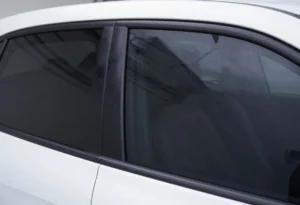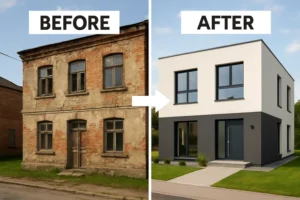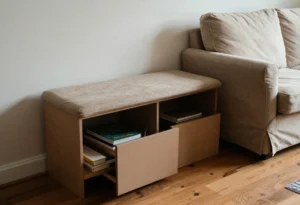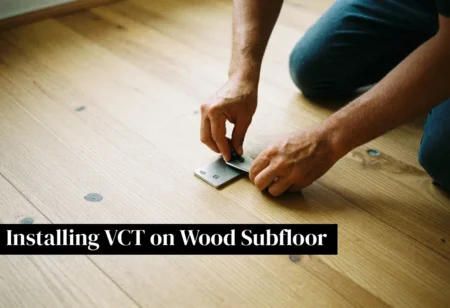Subscribe to Updates
Get easy DIY ideas from 'What Home Improvement' about interior, exterior and design.
Browsing: Flooring
Installing vinyl composition tile (VCT) over a wood subfloor can transform your space with durable, professional-grade flooring. However, this installation…
Key Takeaways: Understanding the aesthetic versatility and types of hardwood flooring options. Insights into the installation, maintenance, and overall value…
Are you tired of your garage floor being stained, cracked, and impossible to clean? Look no further! Epoxy coatings have…
If you’re busy building a new home or considering renovating your current property, you may have come across something known…
Selecting new flooring can be an exciting yet daunting process. With so many options to choose from, how do you…
The flooring of a home is like the foundation of an outfit – it ties the entire space together and…
The flooring you choose for your home has a significant environmental impact. Traditional flooring materials like vinyl, laminate, and carpet…
The flooring in a home plays a major role in defining the overall aesthetic and feel of the space. However,…
Flowers have a remarkable ability to instantly brighten a space and lift one’s mood. From lush bouquets to stunning centerpieces,…
If you’re looking for an elegant and durable flooring option for your home, blanched laminate real wood flooring may be…



